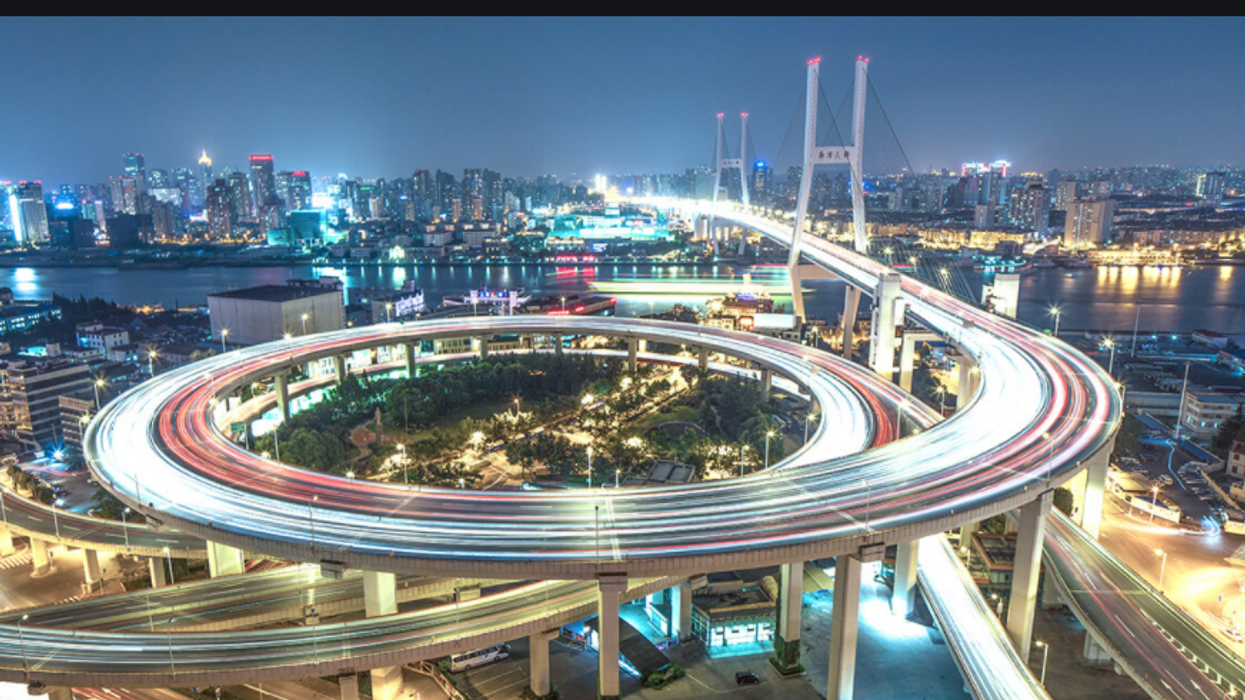Touring Flood-Hit Areas, Biden Calls Climate Change 'Existential Threat'
By Nandita Bose
NEW YORK (Reuters) -President Joe Biden on Tuesday toured sites of deadly floods in the Northeast and said Hurricane Ida demonstrated the ravages of climate change as he pressed for investments to boost infrastructure and fight global warming.
"Climate change poses an existential threat to our lives, to our economy, and the threat is here. It's not going to get any better," Biden said after touring neighborhoods in New Jersey and New York City's Queens borough that were hurt by the storm. "We can stop it from getting worse."
It was Biden's second trip in recent days to areas slammed by the storm, shifting his focus to domestic priorities after weeks of public attention to the chaotic U.S. withdrawal from Afghanistan.
Biden made fighting climate change a key plank of his 2020 presidential campaign and a top priority of his administration, but some of his goals rely on getting the U.S. Congress to pass multitrillion-dollar legislation on infrastructure and other priorities.
Biden noted that wildfires, hurricanes and floods were hitting every part of the United States, with more than 100 million Americans affected this summer alone. The storms, he said, will only be getting worse.
"Folks, we got to listen to the scientists and the economists and the national security experts. They all tell us this is code red. The nation and the world are in peril. That's not hyperbole. That is a fact," Biden said.
On Friday he visited Louisiana, promising federal aid and urging national unity. Ida devastated parts of the U.S. Gulf Coast and unleashed even deadlier flooding in the Northeast.
Biden's flood damage trips revived his familiar role of consoler-in-chief, a shift from time spent in recent weeks defending his decision to pull U.S. troops from Afghanistan following its deadly aftermath.
The United States is still working in Afghanistan to get Americans out while resettling tens of thousands of evacuees. Still, Biden is expected to focus in the coming days on domestic issues: a fight to protect women's reproductive rights in the wake of a new Texas anti-abortion law, the end of extended unemployment benefits for many Americans and new measures to fight COVID-19.
On Saturday, the 20th anniversary of the September 11 attacks, he will visit the three sites where hijacked U.S. domestic planes crashed. Next week, he plans to visit California to boost Democrat Governor Gavin Newsom's effort to stay in office amid a recall election and to highlight the damage done by wildfires, another sign of climate change. Vice President Kamala Harris plans to travel to California on Wednesday.
On Tuesday, New Jersey Governor Phil Murphy said it would take "months more likely than weeks" to complete cleanup, repairs, and rebuilding after his state was ravaged by flooding and a tornado from the remnants of Ida.
Dozens of people died during the hurricane and in its aftermath and some states are still grappling with widespread power outages and water-filled homes.
(Reporting by Nandita Bose and Jeff Mason; additional reporting by Peter Szekely; Writing by Jeff Mason; Editing by Heather Timmons and David Gregorio)










